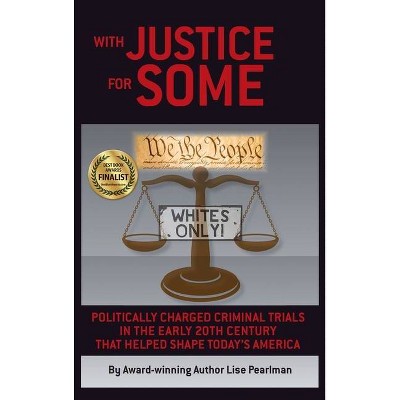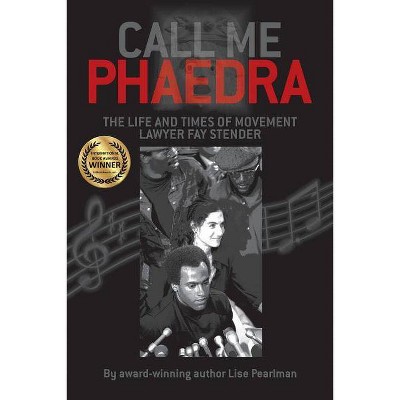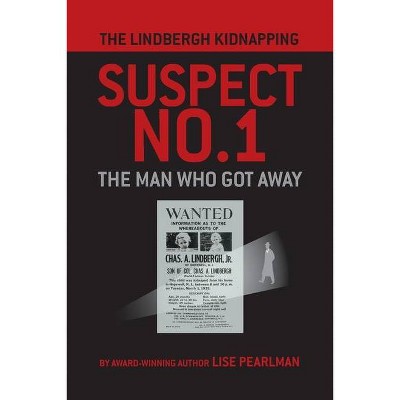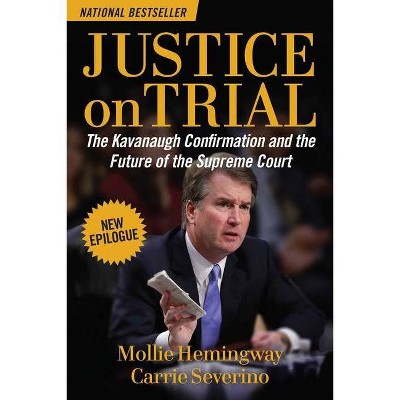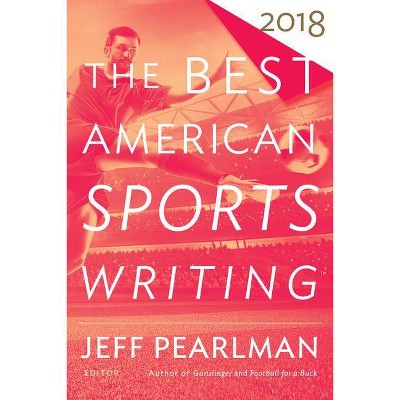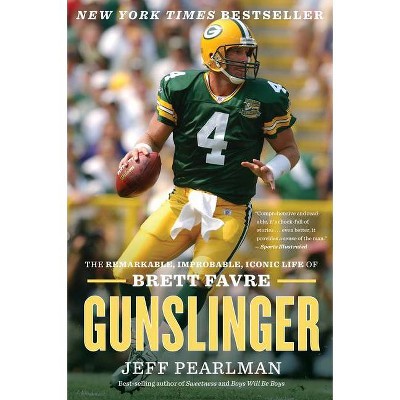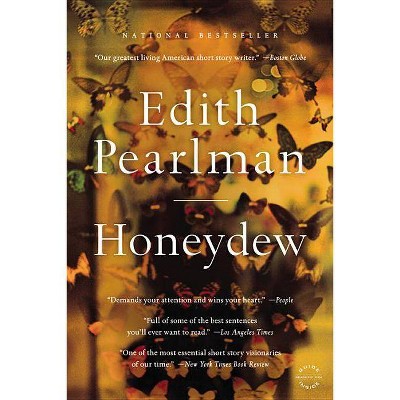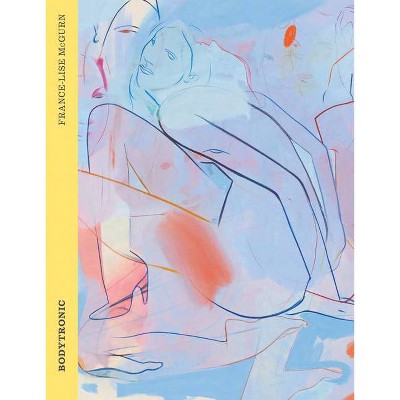American Justice On Trial - by Lise Pearlman (Paperback)
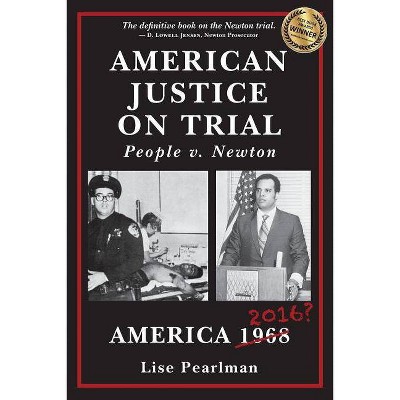
Similar Products
Products of same category from the store
AllProduct info
<p><strong>ABOUT THE BOOK</strong></p> <p>On the 50<sup>th</sup> anniversary of the Black Panther Party, Pearlman's new book <em>American Justice on Trial: People v. Newton </em>compares the explosive state of American race relations in 1968 to race relations today with insights from key participants and observers of the internationally-watched Oakland, California death-penalty trial that launched the Panther Party and transformed the American jury "of one's peers" to the diverse cross-section we often take for granted today. The book includes comments from Newton prosecutor Lowell Jensen, pioneering black jury foreman David Harper and TV journalist Belva Davis, as well as from Huey Newton's older brother Melvin Newton, former Panthers Kathleen Cleaver, David Hillliard and Emory Douglas. It also includes comments from civil rights experts including Bryan Stevenson, Barry Scheck and John Burris. This book complements the nonprofit documentary project of the same name for which Pearlman is co-producer/co-director on behalf of Arc of Justice Productions, Inc. [www.americanjusticeontrial.com].</p> <p>The nation is currently reeling from multiple shocks in July 2016. First, in early July, came yet two more videotaped incidents of police shooting to death black arrestees followed by a horrific sniper attack on Dallas policemen who were monitoring one of many Black Lives Matter protest rallies. Then came, on July 17, 2016, another attack on Baton Rouge police. The carnage and proliferation of demonstrations and hostile reactions in the aftermath of these shocking events have drawn renewed national focus to fractured police-community relations in cities across country, the very issue that gave rise to the Black Panther Party a half century ago.</p> <p>The two incidents did start out in similar ways. In the early morning of October 28, 1967, Oakland policeman John Frey stopped the car Newton was driving to write a ticket for an unpaid traffic fine. A shootout ensued that left Officer Frey dead and Newton and a back-up officer seriously wounded. Newton claimed to have been unarmed and the victim of an abusive arrest; no gun belonging to Newton was found. His death penalty trial the following summer drew international attention to whether any black man could get a fair trial in America. </p> <p>This book scrutinizes the 1968 Newton trial and its context and poses the same questions President Obama and others have recently addressed: what has changed in this country in the last half century and what has not? How do we best move forward?</p> <p> </p> <p><strong>ABOUT THE AUTHOR</strong></p> <p>Lise Pearlman appeared in Stanley Nelson's acclaimed 2015 film "The Black Panthers: Vanguard of the Revolution" as the country's leading expert on the 1968 Huey Newton death penalty trial. Her first history book, <em>The Sky's The Limit: People v. Newton, The Real Trial of the 20<sup>th</sup> Century?</em> [Regent Press 2012] won awards in the categories of law, history and multiculturalism. Pearlman was an undergraduate in the first class that included women at Yale University when Panther Party co-founder Bobby Seale was tried for murder in New Haven. She then moved to the Bay Area where she attended Berkeley Law School and then clerked for California Chief Justice Donald White before practicing law in Oakland. From 1989-1995, she served as the first Presiding Judge of the California State Bar Court. Pearlman has spent almost all of her adult life in Oakland where the Newton trial took place and where she still resides. </p>
Price History
Price Archive shows prices from various stores, lets you see history and find the cheapest. There is no actual sale on the website. For all support, inquiry and suggestion messagescommunication@pricearchive.us
